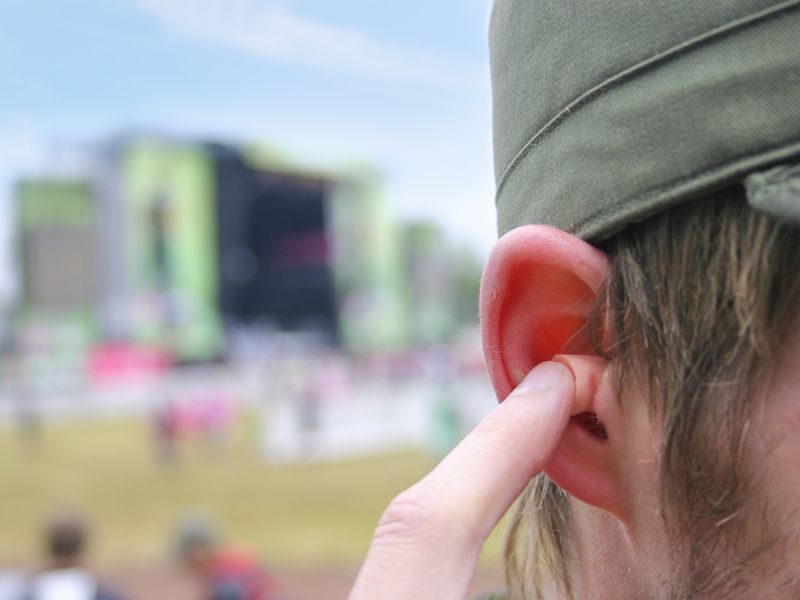
If you’re subjected to loud noises, for instance running a lawnmower in your backyard, going to a venue to see your favorite band in concert, or merely sleeping in your own bed beside a snoring spouse, earplugs may be practical. Turning down the volume is the way earplugs help in the first two cases. In the last instance, they lower the decibels plus help save your peace of mind (and maybe your relationships) by enabling you to get a good night’s sleep. But is your hearing being harmed by these protectors?
Why Use Earplugs in The First Place?
It’s a pretty simple argument for using earplugs: Properly used, earplugs can help to safeguard your ears by reducing your exposure to excessive decibel levels. When you leave a loud place, say a football game where the Jumbotron keeps exhorting the crowd to, GET LOUD, whenever the opposing team kicks off, you’ve most likely noticed that your hearing seems different, and you may also experience symptoms of tinnitus. This happens because those extremely loud noises actually bend the small hair cells inside of your inner ear. In a couple of days, when the hairs have recovered, it usually goes back to normal.
But if you’re subjected to extreme decibels regularly, for example, if you work on a construction crew or at an airport, the aural assault on those tiny hair cells is relentless. Instead of recovering after bending, the cells are permanently impaired. you have about 16,000 of those tiny cells inside each cochlea, but up to 50% of them can be harmed or ruined before your hearing has altered enough for the problem to appear in a hearing assessment.
How Could Your Ears be Harmed by Wearing Earplugs?
That being said, you’d think that wearing earplugs would be an obvious choice with regards to protecting your ears. But particularly if you’re in scenarios where you’re subjected to loud noises on a regular basis (like on the job or with the previously mentioned snoring significant other), headphones that limit, but don’t totally cancel, sound or over the head earmuffs are a much better idea. Earplugs aren’t well suited to everyday use but are better suited to one time occasions like a concert or sporting events.
Why? The first problem is, earwax. So that they can protect themselves, your ears create earwax, and if wearing earplugs is something you do constantly, they will make more of it, and you’ll probably jam it in with the plugs. Tinnitus and other problems can be the result of impacted earwax.
Ear infections can also result from too much use of earplugs. They can become bacteria traps if you use the same pair but fail to properly clean and disinfect them. Ear infections are, at a minimum, an uncomfortable inconvenience. But at the worst-case-scenario end of the scale, they can also be the cause of a loss of hearing if you fail to get treatment.
How Can You Use Earplugs Safely?
Whether it’s a good night sleep or safeguarding your hearing, there’s still a strong benefit to using earplugs. You just need to be certain you’re using the correct kind and using them in the correct way. Foam earplugs are the least expensive, which is helpful because you really should not use them more than once, the soft, porous material is a germ’s haven. Don’t put wax or silicone earplugs back in until they are totally dry after using warm water to entirely sanitize them. Accumulation of dampness can cause bacteria or mold so store your earplugs in a well ventilated place.
You might want to get in touch with us concerning custom fit earplugs if you need or want them regularly. They are comfortable since they are crafted from molds of your ears and they’re reusable. But it’s essential not to forget, smart earplug hygiene can stop hearing damage.